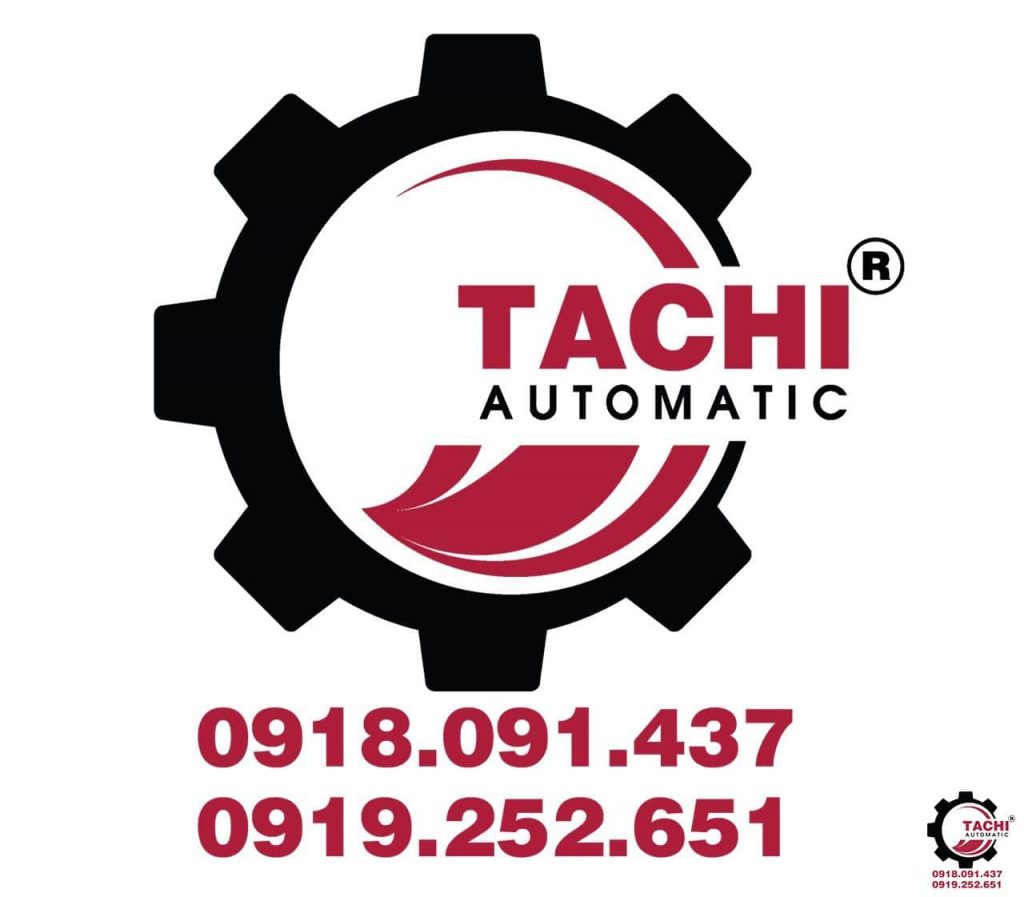Uncategorized
Who Should Invest in A4, A3, A2 Flatbed Screen Printers?
Flatbed screen printers are among the most important and widely used machines in today’s printing industry. They offer a practical solution for a wide range of users, from small print shops and family-run businesses to large-scale manufacturing companies. But the key question is: Who should invest in A4, A3, A2 flatbed screen printers? And how do you choose the right size to match your needs?
This article will help you understand the ideal customer segments, real-world printing needs, and provide guidance on selecting the right flatbed screen printer size (A4, A3, or A2) to optimize investment costs, save time, and achieve the highest efficiency.
Contents
1. What is a Flatbed Screen Printer? Real-World Applications
A flatbed screen printer is a machine that uses a silk screen frame to press ink onto the flat surface of a material. It is designed with a flat printing table and a screen frame that moves smoothly up and down, ensuring even ink distribution, sharp prints, and strong ink adhesion.
Typical applications include:
Printing T-shirts and uniforms
Printing non-woven fabric bags
Printing decals, labels, and stickers
Printing paper boxes and carton packaging
Printing on flat wood, flat glass, and sheet plastic
Flatbed screen printers stand out due to their flexibility and wide range of printable products.
2. Standard Sizes of Flatbed Screen Printers: A4, A3, A2
To choose the right printer, it’s important to understand the standard print sizes:
A4 (21 x 29.7 cm): Compact size, ideal for labels, decals, gift boxes, cards.
A3 (29.7 x 42 cm): Medium size, great for T-shirts, fabric bags, posters.
A2 (42 x 59.4 cm): Larger format for printing large areas, oversized packaging, and decorative items.
Categorizing by size helps customers easily select the appropriate machine for their actual production needs, avoiding overinvestment or choosing a machine too small to meet order demands.
3. Who Should Invest in an A4 Flatbed Screen Printer?
Ideal for:
Households or individuals starting a small-scale screen printing business
Shops printing labels, decals, and small stickers
Gift printing studios, paper box and wedding card makers
Benefits:
Lowest investment cost among the three sizes
Compact design, fits in tight spaces
Energy-efficient, easy to operate and maintain
Perfect for small, personalized orders
Common concerns:
Worried about overspending on a larger machine with limited printing volume
Limited workspace
Solution: The A4 machine is compact, affordable, easy to learn, and ideal for small products.
4. Who Should Invest in an A3 Flatbed Screen Printer?
Ideal for:
Small to medium T-shirt printing businesses
Shops printing non-woven or canvas bags
Small poster and wall calendar printers
Gift printing businesses needing medium print areas
Benefits:
Medium print size with excellent flexibility
Handles most standard T-shirt orders
Moderate investment, high profitability
Easy to operate and maintain
Common concerns:
Large T-shirt orders are time-consuming and error-prone on A4 machines
Industrial imported machines are too expensive
Solution: The A3 screen printer offers standard-sized T-shirt printing at a reasonable local price that’s easy to learn and use.
5. Who Should Invest in an A2 Flatbed Screen Printer?
Ideal for:
Large-volume uniform and team shirt printing shops
Businesses printing large fabric bags or oversized paper packaging
Factories needing to print logos and branding on boxes and cartons
Craft workshops printing on flat wood and silk paintings
Benefits:
Large print area for industrial-scale orders
Boosts productivity by reducing repetitive printing
Prints large detailed designs with sharp clarity
Demonstrates professional printing capabilities
Common concerns:
Orders require large formats that A3 machines can’t handle
Want to avoid outsourcing large-format printing
Solution: The A2 printer is a one-time investment that allows you to handle a wide range of small and large orders.
6. Tips for Choosing the Right Flatbed Screen Printer
If you’re just starting, on a budget, and handling small orders → choose A4
If you’re printing common T-shirts and fabric bags → choose A3
If you want to handle all types of orders, including large packaging → choose A2
Pro tip for sales and consulting: Always ask the customer:
“What type of products do you mainly print?”
“What’s the largest print size your customers request?”
“What is your monthly output volume?”
Answering these 3 questions will guide you to the right size: A4, A3, or A2.
7. Why Buy a Flatbed Screen Printer from TACHI?
TACHI Mechanical proudly stands as a reputable manufacturer of flatbed screen printers in Vietnam, offering:
Sturdy design with thick steel frames for durability
Flat, precise printing tables that minimize color misalignment
Multiple size options: A4, A3, A2
Custom manufacturing upon request
On-site warranty and maintenance
Real-world screen printing training — easy to learn, easy to operate
8. Conclusion
A4, A3, and A2 flatbed screen printers are highly suitable solutions for a wide range of customers in Vietnam — from individuals and small workshops to large factories. The most important factor is to accurately understand your needs and choose the right print size to save costs, increase productivity, and ensure long-term, sustainable business growth.
TACHI Mechanical Manufacturing and Trading Co., Ltd.
Address: 176, Nguyen Ai Quoc Street, Group 2, Quarter 1, Trang Dai Ward, Bien Hoa City, Dong Nai District, Vietnam.
Hotline/whatsapp: +84 352 193 969
Email: tachi.customercare01@gmail.com
Website: //mayinluatachi.com


 Tiếng Việt
Tiếng Việt